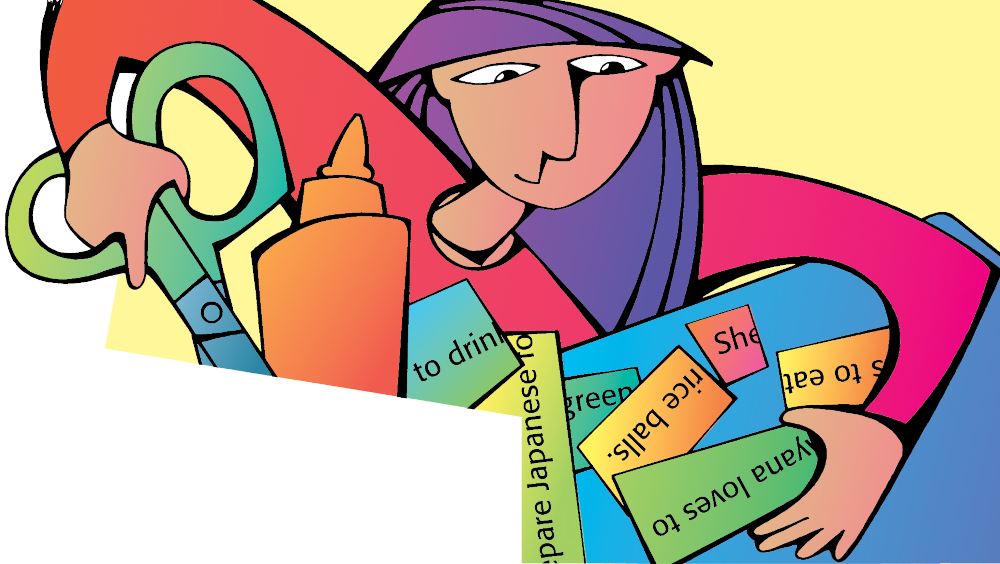WOC 526
Page 526

Understanding Sentences
Sentences
526.1 Sentence
A sentence is made up of one or more words that express a complete thought. A sentence begins with a capital letter; it ends with a period, a question mark, or an exclamation point.
This book will help you write better.
It explains the writing process step by step.
What else does it explain?
Wow, check out the table of contents!
Parts of a Sentence
526.2 Subject and Predicate
A sentence must have a subject and a predicate in order to express a complete thought. Either the subject or the predicate (or both) may not be stated, but both must be clearly understood.
(You) Check your phone for a new text.
(You is the understood subject.)
Who sent you the message?
Jamall. (did)
(Did is the understood predicate.)
What time did he send it?
(He sent it) Fifteen minutes ago.
(He is the understood subject, and sent is the understood predicate.)
526.3 Subject
A subject is the part of a sentence that is doing something or about which something is said.
Texting is a common way to communicate with friends.
526.4 Simple Subject
The simple subject is the subject without the words that describe or modify it.
Some mobile plans allow for unlimited texting.
WOC 527
Page 527
527.1 Complete Subject
The complete subject is the simple subject and all the words that modify it.
Some mobile plans allow for unlimited texting.
527.2 Compound Subject
A compound subject is composed of two or more simple subjects.
Jamall, Felicia, and Cindy text homework reminders to each other.
See page 89 for information about combining sentences with compound subjects and predicates.
527.3 Predicate
The predicate is the part of the sentence that says something about the subject.
The students remind each other of due dates.
527.4 Simple Predicate
The simple predicate is the predicate (verb) without the words that describe or modify it.
Jamall’s phone vibrates when he receives a text.
527.5 Complete Predicate
The complete predicate is the simple predicate with all of its objects and modifiers.
Jamall’s phone vibrates when he receives a text.
527.6 Compound Predicate
A compound predicate is composed of two or more simple predicates.
Some teachers create and share assignments on a classroom blog.
527.7 Compound Subject and Predicate
A sentence may have a compound subject and a compound predicate.
Felicia and Cindy read and respond to writing prompts on their classroom’s blog.
See page 84 for information about subject-verb agreement with compound subjects.
WOC 528
Page 528
528.1 Direct Object
The direct object is the noun or pronoun that receives the action of the predicate—directly. (The direct object answers the question what? or whom?)
Some people treat blogs as online journals.
The direct object may be compound.
Other blogs discuss sports, politics, food, music, or movies.
528.2 Indirect Object
An indirect object is the noun or pronoun that receives the action of the predicate—indirectly. An indirect object names the person to whom or for whom something is done.
I emailed Jamall a link to an interesting blog post.
(Jamall is the indirect object because it says to whom the link was emailed.)
528.3 Modifier
A modifier is a word or a group of words that changes or adds to the meaning of another word. (See pages 544–546.)
Clauses
A clause is a group of related words that has both a subject and a predicate.